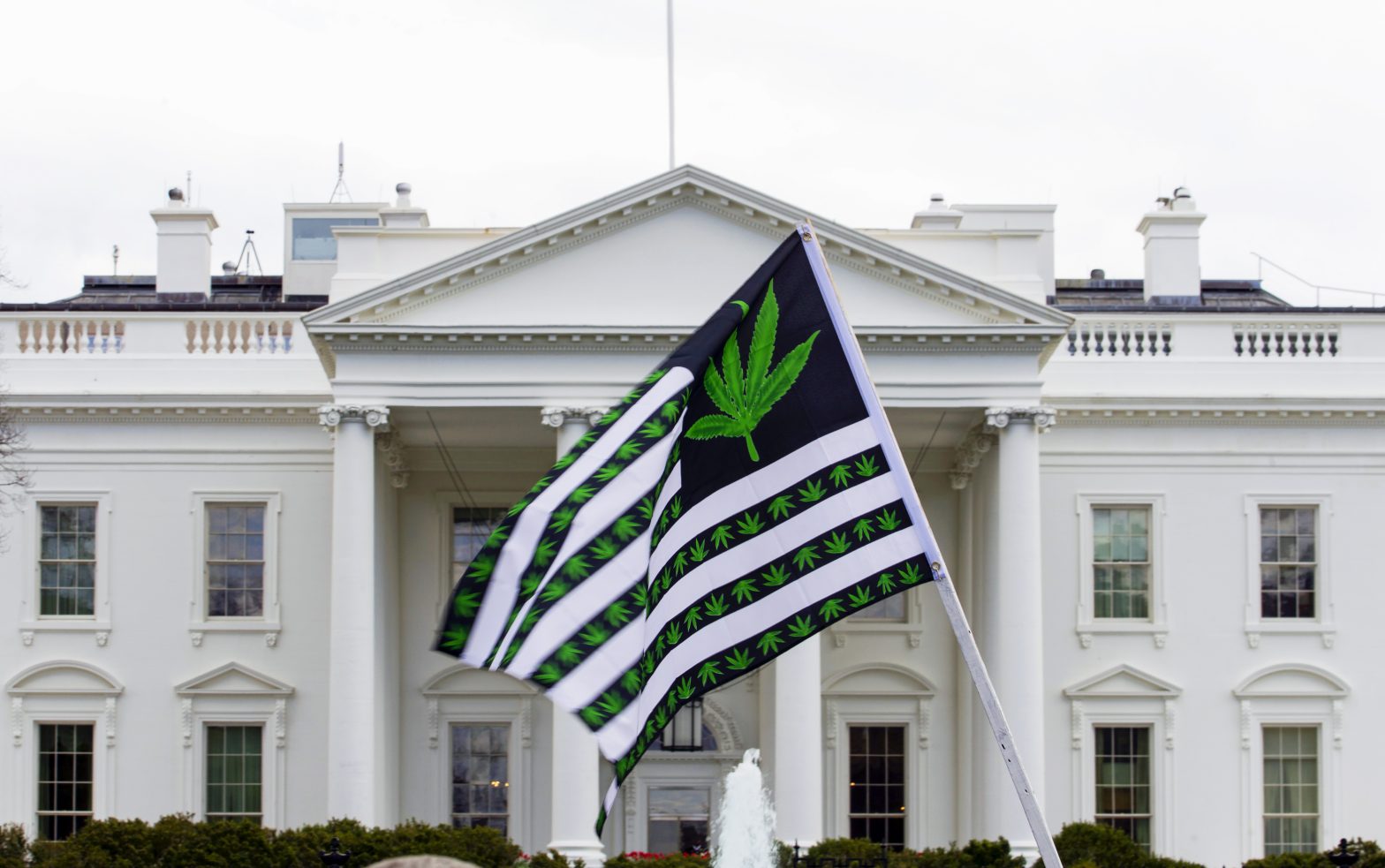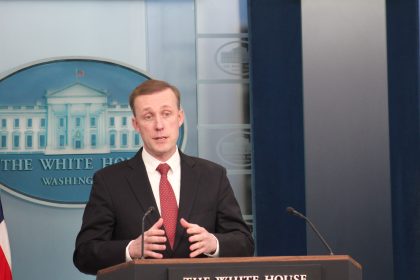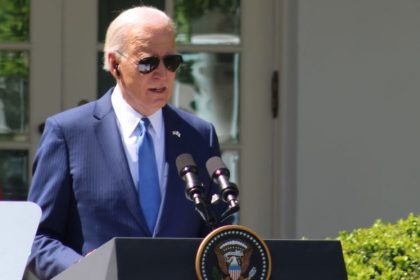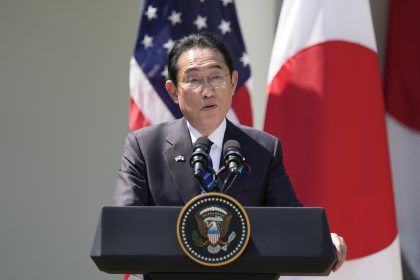Biden Pardons Federal Offenders of Marijuana Possession Laws

WASHINGTON — President Biden on Thursday announced he would pardon all offenders convicted of federal marijuana possession charges amid a sweeping policy change for the Drug Enforcement Administration.
Marijuana is listed as a Schedule 1 drug by the DEA, meaning it could lead to serious criminal penalties.
“There are thousands of people who have prior federal convictions for marijuana possession, who may be denied employment, housing or educational opportunities as a result,” Biden said in a statement. “My action will help relieve the collateral consequences arising from these convictions.”
The announcement fulfills Biden’s campaign promise to decriminalize marijuana possession but also represents a big shift in federal drug policy.
States began legalizing marijuana for medicinal use 25 years ago and for recreational use in 2012. Colorado was the first with a law that allows adults to purchase as much as 1 ounce of retail marijuana or 8 grams of concentrates, such as cannabis oils.
Conservatives in Congress blocked attempts to decriminalize marijuana under federal laws until Biden’s executive order this week. About 6,500 people have been convicted of federal marijuana possession offenses since 1992, according to White House figures.
Biden’s order also directs the Justice Department to consider downgrading marijuana from a Schedule 1 controlled substance under the Controlled Substances Act.
Biden is recommending to state governors that they pardon marijuana offenders convicted under their local laws. Most marijuana convictions were made under state laws.
“Just as no one should be in a federal prison solely due to the possession of marijuana, no one should be in a local jail or state prison for that reason, either,” Biden said.
Marijuana has been listed as a Schedule 1 drug under the Controlled Substances Act since 1970. Schedule 1 means a drug has a high potential for abuse, no currently accepted medical benefit and is unsafe even under medical supervision.
More recently, medical research has shown that marijuana can relieve epileptic seizures, ease pain associated with chemotherapy and slow the growth of cancerous tumors. Some psychologists have suggested using it to control anxiety for emotionally disturbed persons.
Medical researchers have complained for years the Schedule 1 rating has impeded their ability to secure federal grants to study cannabis.
The National Organization for the Reform of Marijuana Laws responded to Biden’s order with a statement that said, “We are pleased that today President Biden is following through on this pledge and that he is also encouraging governors to take similar steps to ensure that the tens of millions of Americans with state-level convictions for past marijuana crimes can finally move forward with their lives.”
Some of the strongest opposition to reducing the penalties for marijuana has come from the anti-legalization advocacy organization Smart Approaches to Marijuana, or SAM.
SAM officials agree possession of small amounts of marijuana should be decriminalized but continue to warn against the drug’s dangers.
They say it results in increased risk of psychosis and gastrointestinal problems that include persistent vomiting. They also say fatal traffic accident rates increase among people who use marijuana.
“The science says marijuana is harmful and can be addictive,” Jaime Zerbe, SAM spokesperson, told The Well News. “We don’t believe this is a risk-free, 100% safe drug.”
More dangers could be coming soon as marijuana gains acceptance as a recreational drug, she said.
“Tobacco companies are moving in right now and are making it more potent and more dangerous,” Zerbe said.
Biden addressed the ongoing concerns when he said he would try to ensure restrictions continued against cross-border trafficking, marketing and underage sales of cannabis products.
Tom can be reached at [email protected] and @TomRamstack
























